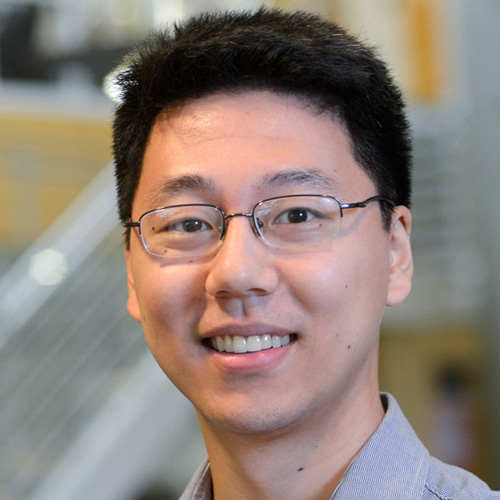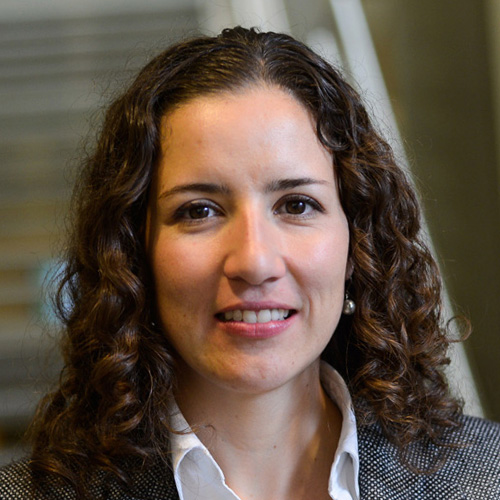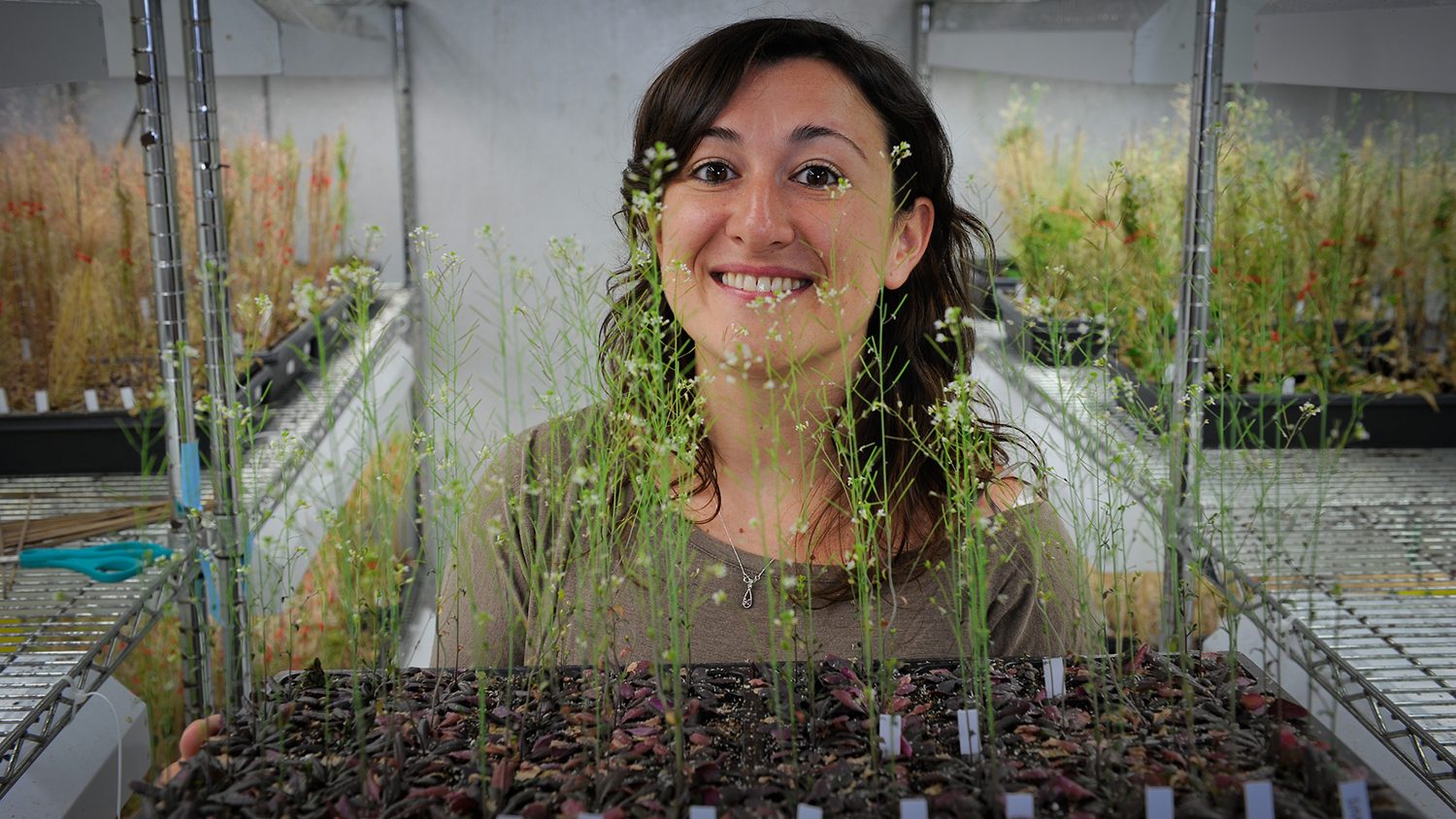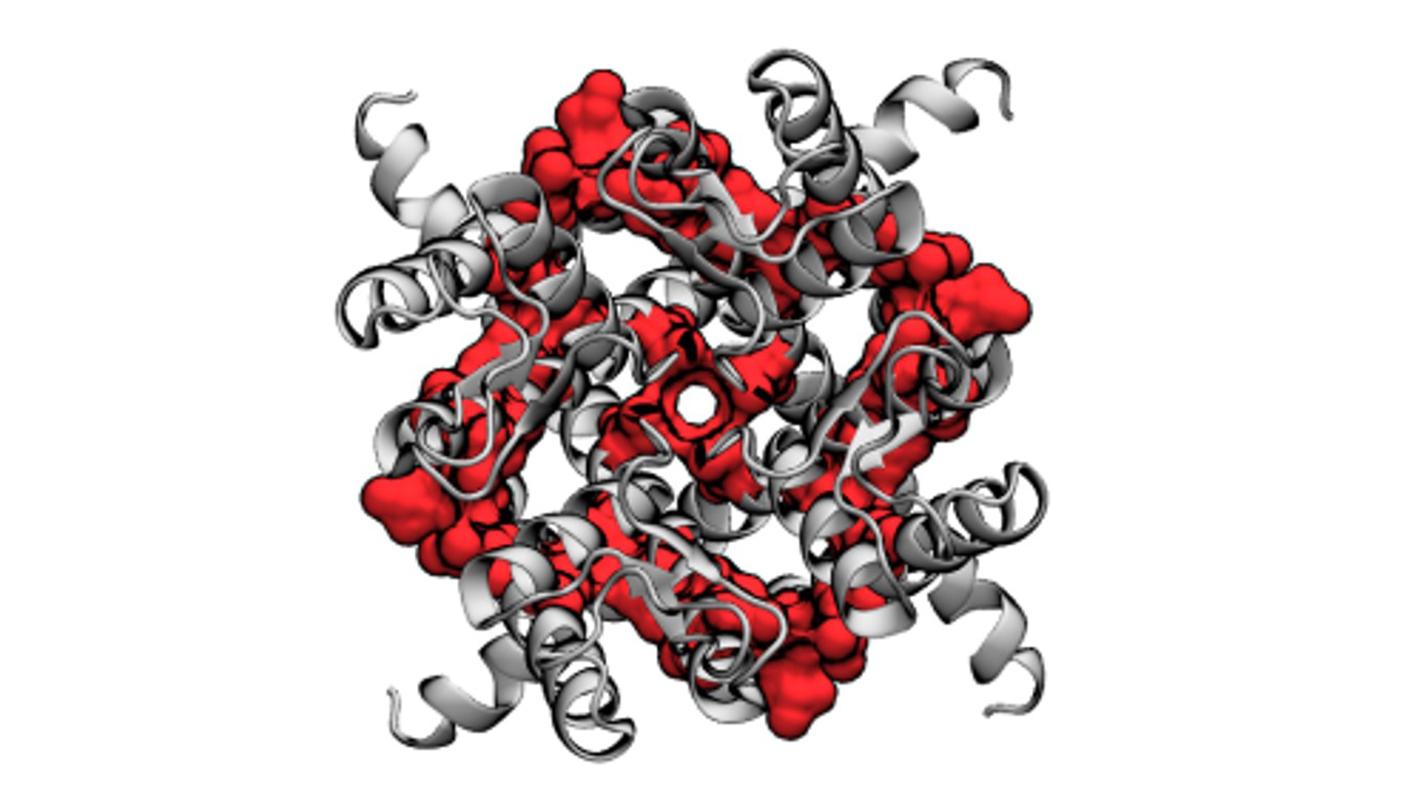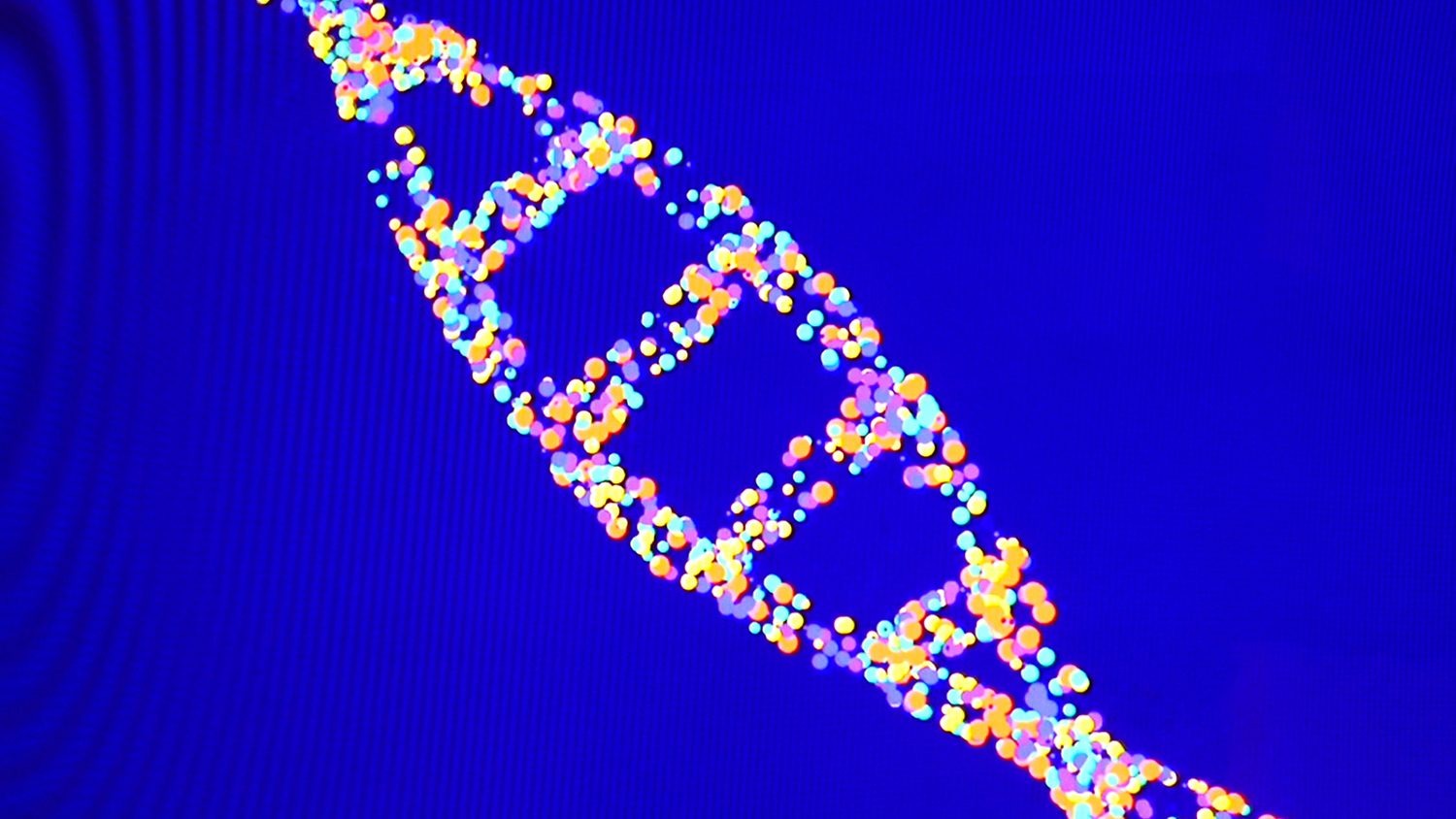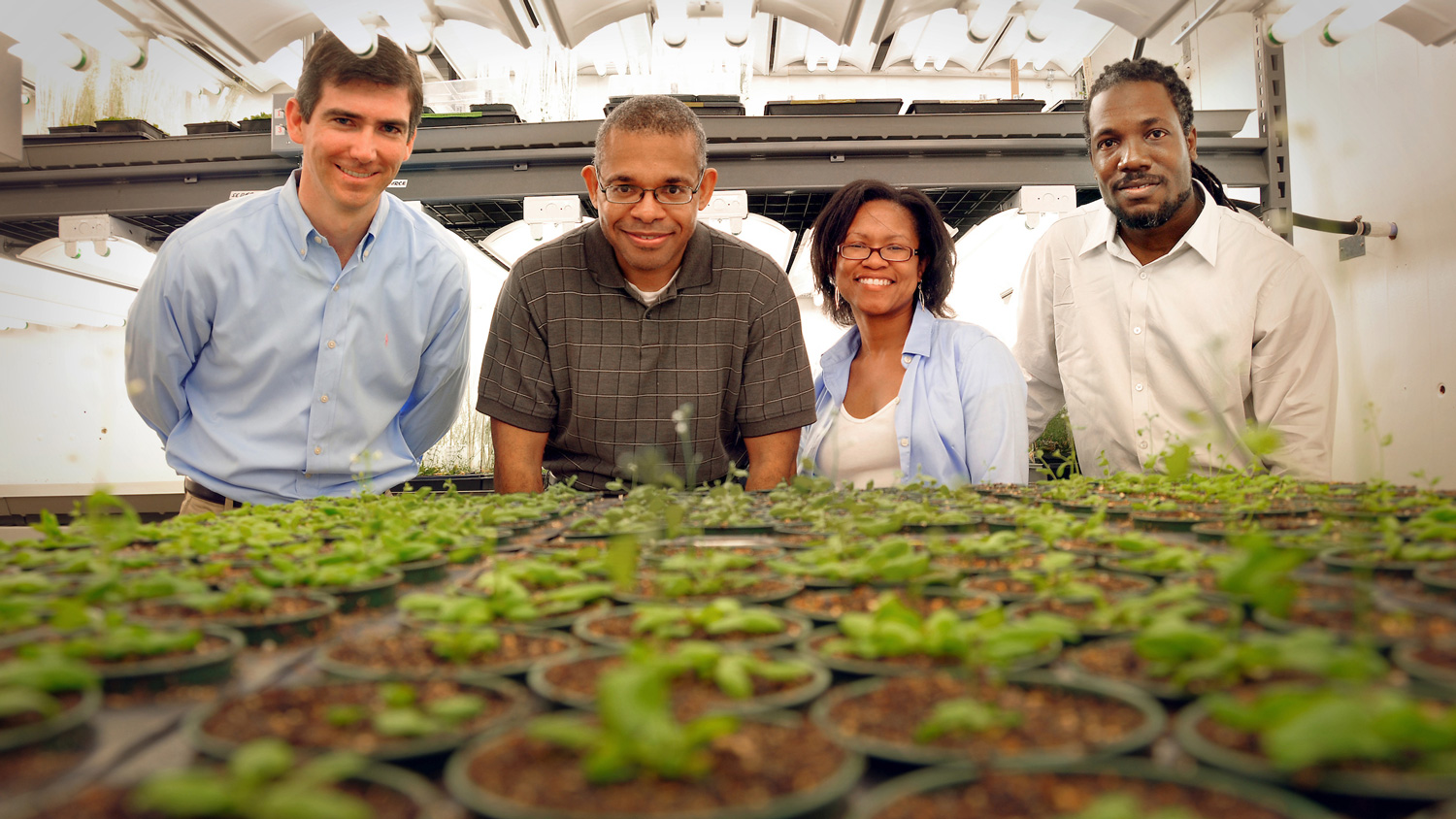
Synthetic and Systems Biology
Integrating synthetic and systems biology helps us solve important challenges, such as eradicating disease and addressing the globally increasing demands for food and energy in a sustainable environment.
About
Cluster Type
Cluster Coordinator
Cluster Colleges
Synthetic biologists at NC State are designing and constructing engineered cells with novel properties in a framework of a hierarchy of biological devices, modules, cells and multicellular systems. The classical engineering strategies of standardization, decoupling and abstraction are being extended to take into account the inherent characteristics of biological devices and modules. This cellular engineering approach relies heavily on quantitative analysis and modeling the function of the assembled parts in complex networks. Synthetic biology borrows heavily from synthetic chemistry and integrated circuit design, where final products are constructed by combining well-understood building blocks according to standard rules and procedures. The hope is that in the same way that complex electronic circuits can be built, programmed and analyzed, complex biological circuits can be constructed that can give cells novel functions. These engineered cells could be programmed to be factories for new therapeutics, detect and destroy toxins and cancer cells, or convert sunlight into hydrogen gas and biomass into gasoline.
Impact
Research in synthetic biology and systems biology is already addressing the most urgent global societal challenges of the 21st century: eradicating disease, providing renewable energy sources, mitigating global climate change and minimizing bioterrorism threats.
These impacts align with NC State’s priorities to solve problems related to human health and well-being, the environment, energy and biosecurity. The current state of the art in synthetic biology is providing novel manufacturing platforms that are commercially viable for providing drugs and other therapeutics. These biofactories provide an opportunity to produce many chemicals and materials in a more environmentally sustainable manner than current commercial approaches. In addition, a path toward using synthetic biology to provide a sustainable fuel source is beginning to emerge.
These research directions are here today, but synthetic biologists are most excited about the next phase of advances. Engineered genetic networks are expected to allow treatment of disease by exploiting naturally occurring genetic variants that have already been discovered to be naturally disease-resistant. Synthetic biological constructs will eventually increase efficiency and sustainability in production of food and other chemical resources important for humankind. Synthetic biological entities could be designed to remediate pollution or provide ultrasensitive detectors for health, security or research purposes. Synthetic biology is expected to revolutionize our approaches to material synthesis because it combines the natural selection and low replication costs characteristic of microbes with the powerful design principles developed in engineering.
Progress in plant systems biology will result in a better understanding of plant processes, ultimately supporting the breeding and bioengineering efforts needed to adapt new and existing crops for energy, food, fiber and pharmaceuticals, with no net increase in atmospheric carbon. Sophisticated models will be especially helpful in multitrait programs where many interacting components are being modified.
This research could also transform how engineers develop algorithms for approaches such as parameter estimation, uncertainty propagation and experimental design, and how they generate smarter algorithms that focus primarily on parameters in modules that are of greater importance. Such algorithms could improve our understanding of other complex multiscale networks such as social networks, neural connections in the brain and global financial markets.
History
Our cluster brings together molecular biology and systems engineering. We seek to fully understand the dynamics of living cells and organisms in a quantitative fashion (systems biology). Our work will utilize synthetic technology and engineering to create novel components and pathways (synthetic biology) to overcome barriers of natural systems for the improved or novel production of food, fiber, fuel and therapeutics. NC State faculty have been successful in winning large, interdisciplinary research grants focusing on synthetic and systems biology from a variety of federal agencies (e.g., the National Science Foundation, the Department of Energy, the National Institutes of Health, the USDA and NASA), and our new initiative builds on that success.
